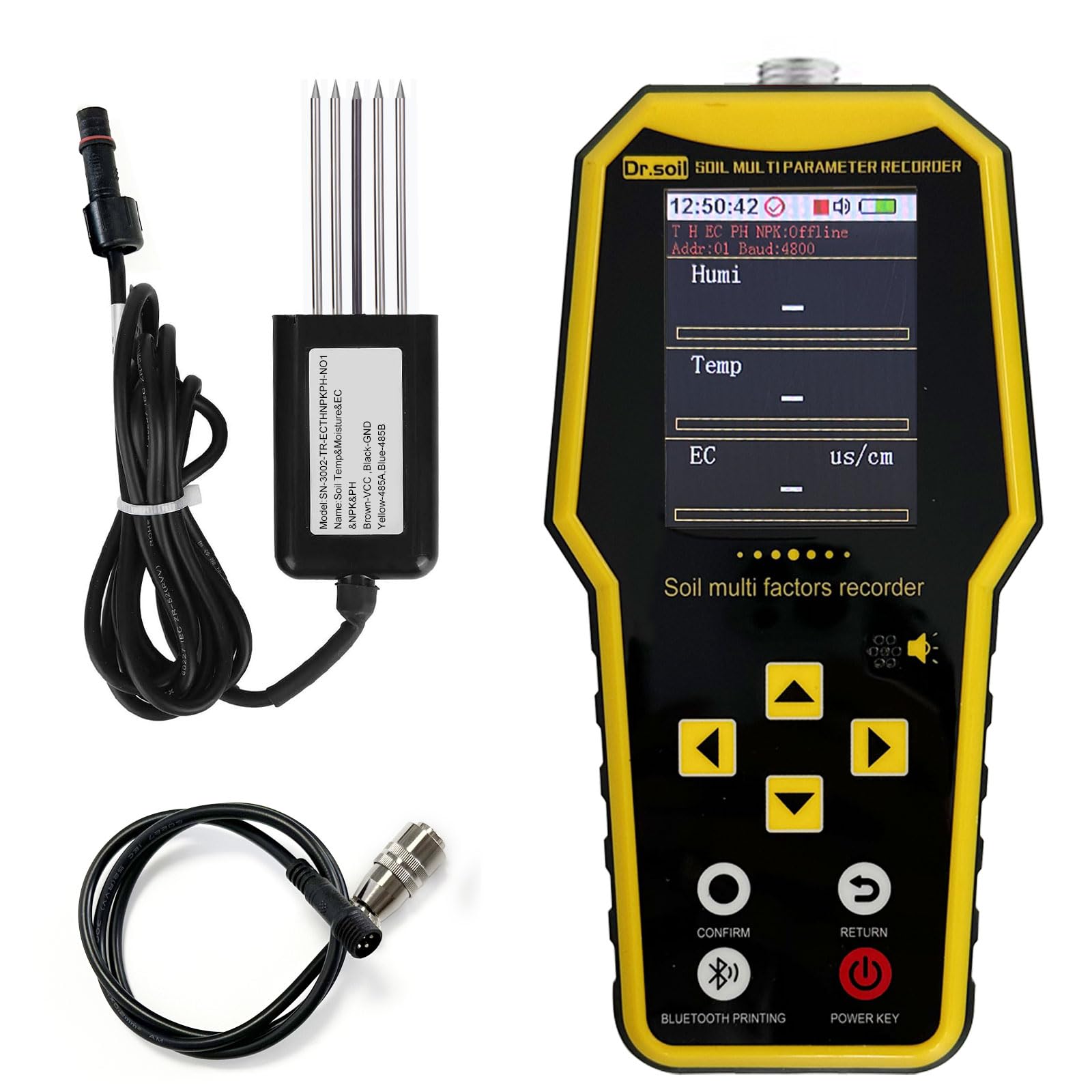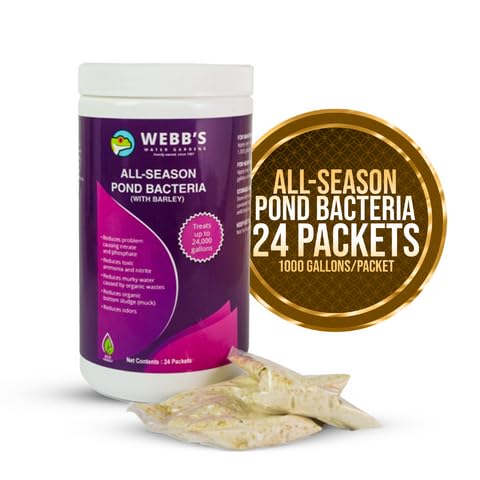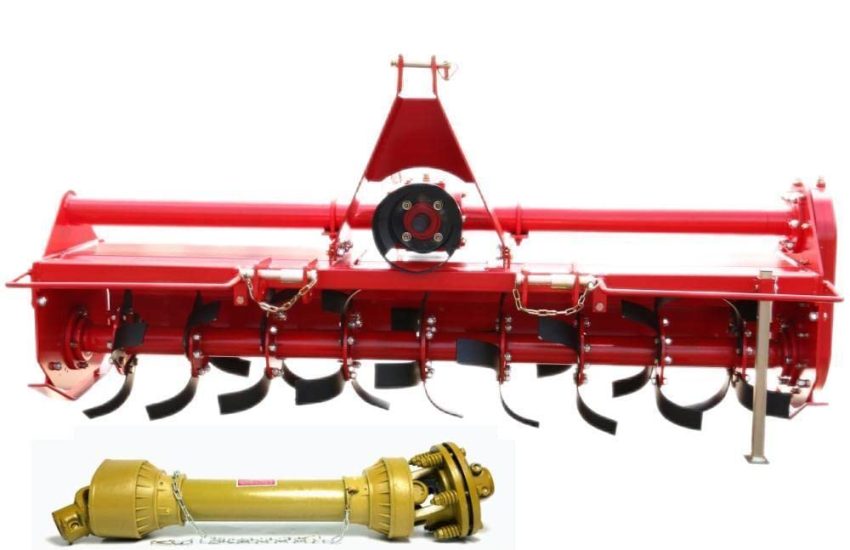Top 5 Professional Soil Tester to Consider for Sustainable Farms in 2026
We independently select all products and services. If you click through links we provide, Plant Native may earn a commission with no extra cost to you.
Last updated: February 15, 2026
Soil testing matters—a lot—when it comes to managing farm health and boosting crop productivity. It gives you data on nutrient levels, pH, and other soil properties, so you can make smarter choices about fertilization and crop selection.
Professional soil testers exist for a reason: they’re accurate and reliable, and they help support sustainable farming. These tools often combine several functions, like measuring moisture, pH, temperature, and nutrients, so you don’t have to juggle a bunch of gadgets.
Using the right soil tester can help minimize waste and keep your farming practices environmentally friendly. It’s not just about the data—it’s about working smarter.
When you’re picking out a professional soil tester, accuracy and ease of use should top your list. Durability and multi-parameter testing also matter, especially for bigger farms.
Features like battery life and data logging can make a big difference. After digging through a bunch of options, we narrowed down the top five professional soil testers for sustainable farms.
Top 5 Professional Soil Testers for Sustainable Farms
We handpicked these professional soil testers to help you optimize soil health and keep your farm sustainable. Each one gives you reliable data for better soil management and crop yields.
Our top pick
- Measures moisture, pH, temperature, and light in one device
- Large backlit screen is readable day or night
- Angled probe design means less awkward bending
Cons
- Needs moist soil for accurate readings—dry soil requires pre-watering
- Battery isn’t included, so you’ll need to grab one before starting
- Light sensor can be inconsistent in shaded spots
The YAMRON tester felt sturdy and was easy to figure out during our field tests. Its 4-in-1 feature helped us ditch extra tools and get multiple readings from a single spot. When you weigh everything together, nothing else in this roundup comes close.
Best for quick results
- Measures multiple nutrients and soil conditions at once
- Stores lots of data with export options for easy analysis
- Portable design with a handy back clip
Cons
- Feels a bit fragile—long-term durability is a question
- Interface takes some getting used to
- Charging takes longer than we’d like
We found the JQCSR 7-in-1 Soil Tester versatile, handling everything from NPK to moisture and conductivity. Instant multi-parameter readings saved us time in the field. overall, it’s a dependable choice for farms needing comprehensive data.
Best value set
- Measures several soil factors in one go
- Large, clear LCD for easy viewing
- Stores and exports data for later review
Cons
- User interface is confusing, partly due to language issues
- Setup and calibration take time
- Not much community support or detailed instructions
We liked the wide range of measurements—moisture, pH, temperature, conductivity, and key nutrients. If you’ve used soil testers before, you might figure it out faster. Its USB connectivity and 4MB storage make it good for farms that want to analyze trends and keep detailed records.
Most versatile
- Measures four key soil factors quickly and accurately
- Big backlit LCD is easy to read anytime
- Simple to use—just stick it in and wait
Cons
- Probe can break if used roughly or in tough, dry soil
- Needs AAA batteries, which aren’t included
- Screen angle isn’t adjustable, so sometimes it’s hard to see
Still, it’s reliable if you treat it with care and keep batteries on hand. We used the IRTOV meter in various garden spots and liked getting four readings from one device. For sustainable farming and plant care, it covers the basics well.
Also great
- Big, bright color LCD is easy to see outdoors
- Tracks multiple soil parameters, including NPK, temperature, and conductivity
- Data export to Excel makes record keeping simple
Cons
- Heavier than most, so it can get tiring to use for long stretches
- You might get a new or old model—the features can vary
- Setup and USB data transfer can be a bit fiddly
Exporting readings to a spreadsheet made tracking soil changes easier, which is great for farms that need organized records for planning. Testing the Luqeeg unit gave us detailed soil insights—super helpful for sustainable farm management. It earned its spot in this roundup for good reason.
Buying Guide
When we pick a professional soil tester, accuracy and ease of use are at the top of the list. Getting reliable results makes all the difference for farm decisions.
Clear digital displays and straightforward calibration help us avoid mistakes. We also care about which soil parameters the tester covers—pH, moisture, temperature, and nutrients are must-haves.
Portability is a big deal for fieldwork. Lightweight, compact testers let us sample soil all over the farm without hassle. A long battery life is handy for full days outside.
Durability matters, too. Soil testers need to handle dust and moisture. Waterproof or dustproof cases mean less worry about damage.
Important Features to Compare
| Feature | Why It Matters | Our Priority |
|---|---|---|
| Accuracy | Reliable data for sound soil management | High |
| Parameter Variety | Tests multiple soil factors in one device | Medium to High |
| Portability | Easy to carry and use in the field | High |
| Durability | Resists environmental wear | Medium to High |
| Battery Life | Longer usage time without frequent charging | Medium |
I’d go for devices with user-friendly interfaces. No one wants to spend hours figuring out new tech.
Good customer support makes life easier, especially when things glitch. If software integrates smoothly, you’ll save time on data and records.







